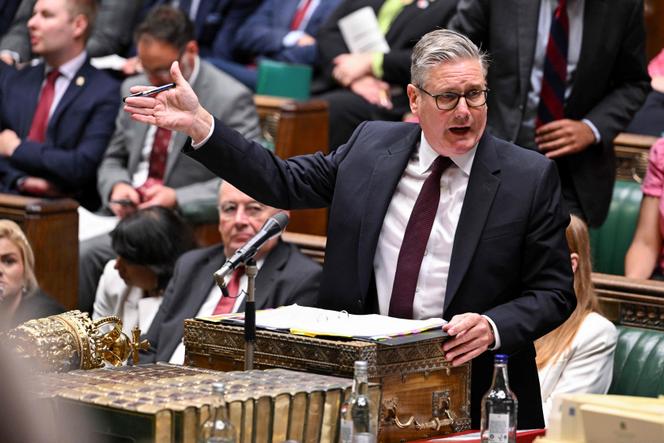


Friday, September 5, began badly for Keir Starmer, as his popular Deputy Prime Minister Angela Rayner was forced to step down. The British leader quickly regained control, announcing a sweeping cabinet reshuffle almost immediately. David Lammy relinquished his position as foreign secretary to replace Rayner at short notice, while Yvette Cooper took over the Foreign Office and left the Interior Ministry. The latter post was assigned to Shabana Mahmood, who had previously served as justice secretary. Despite the surprise and speed of these announcements, by the end of the day they barely disguised the crisis gripping Labour just one year after its landslide victory in the 2024 elections.
Rayner, 45, was forced out after the government's ethics chief, Sir Laurie Magnus, concluded Friday that she had breached the ministerial code all cabinet members must uphold. She admitted she had unintentionally not paid as much tax as required when purchasing a flat in Hove, a seaside town in Sussex. The MP for Ashton-under-Lyne, near Manchester, was the "darling" of Labour's left wing, as spontaneous and charismatic as Starmer appeared technocratic. In 2020, after rising through the ranks of the unions before entering politics, she was elected Labour's number two when Starmer became party leader.
You have 76.12% of this article left to read. The rest is for subscribers only.
